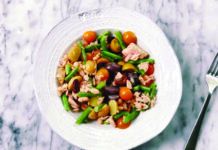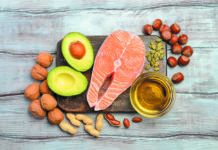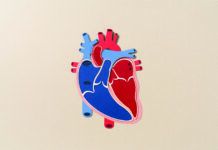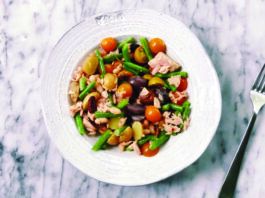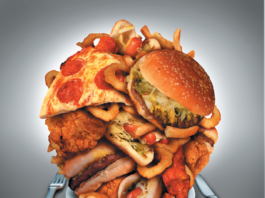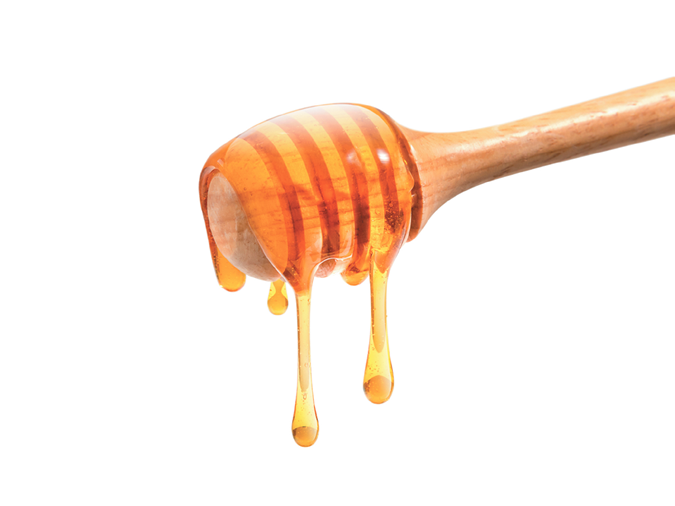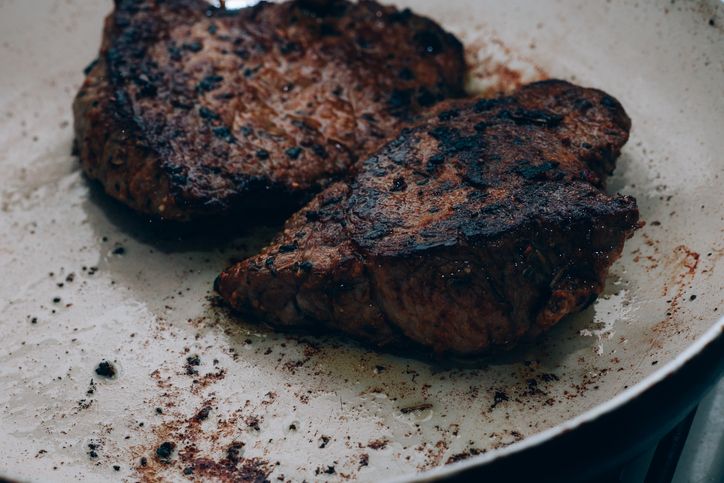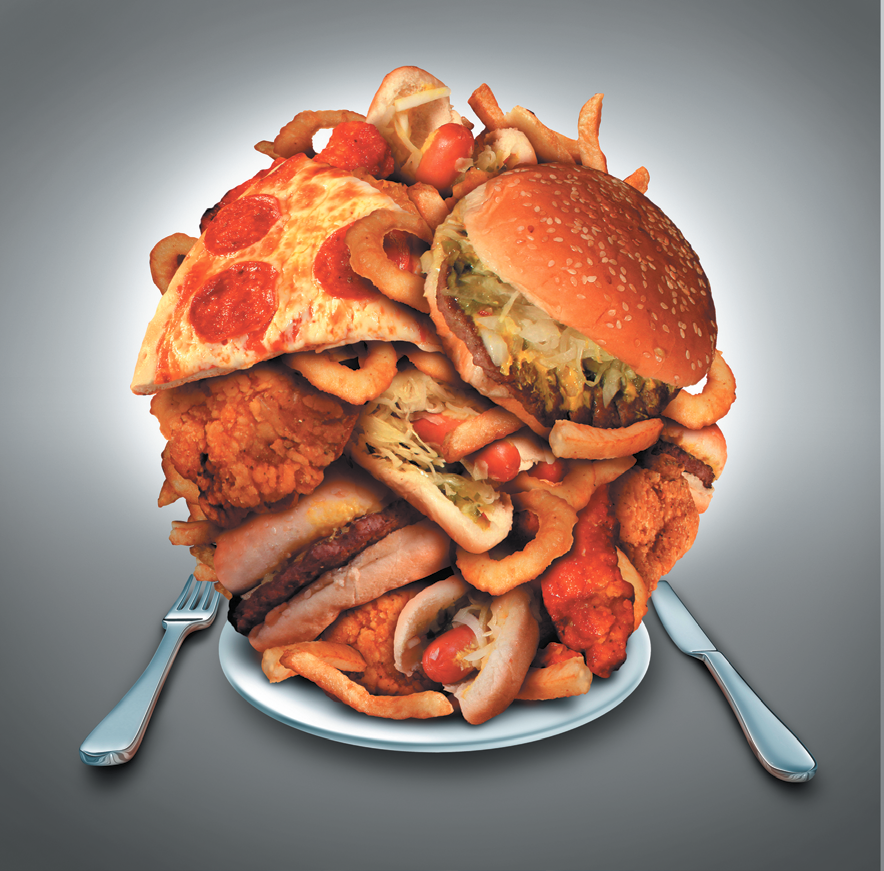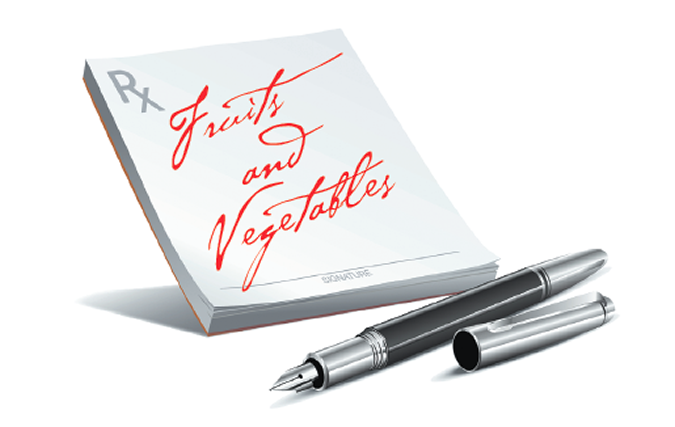The Facts About Plant Oils
There is a lot of confusing, and often conflicting, information in the media about which oil is the best for health. The information is confusing partly because plant oils are fats, and fats are complicated. Dietary fats are actually composed of a mixture of molecules called fatty acids.
Q. Does decaf coffee really have no caffeine?
Q. Does decaf coffee really have no caffeine?
Q. What are the health benefits of Manuka honey?
A. Colleen Driscoll, a dietetic intern at the Frances Stern Nutrition Center, answers: "Honey is being actively studied as an antioxidant, as well as...
Q. You’ve said that charred meats may raise cancer risk. Should I skip grilling?
Q. Youve said that charred meats may raise cancer risk. Should I skip grilling?
Americans are Not Cutting Back on Processed Meats
A study from Tufts University researchers recently published in the Journal of the Academy of Nutrition and Dietetics found that Americans are not cutting back on processed meat intake, despite the suggested health dangers of consumption. The study characterized trends in consumption of processed meats, unprocessed red meat, poultry, and fish/shellfish in nearly 44,000 U.S. adults in the past 18 years. Red meat consumption declined over that period. Poultry consumption increased, and fish/shellfish intake remained constant.
The Good Fat Swap
There are many different kinds of dietary fats-the lipids found naturally in the foods we eat. Choosing the right kinds of fats, rather than avoiding fat altogether, is the healthy choice, says Alice H. Lichtenstein, DSc, director of the Cardiovascular Nutrition Laboratory at the Jean Mayer USDA Human Nutrition Research Center on Aging.
Why Do We Overeat?
Humans eat for many reasons, and hunger is just one of them. Overeating contributes to excess weight gain, and subsequently cardiovascular disease, metabolic syndrome, diabetes, hypertension, and other problems. Scientists have been working for decades to try to explain why we overeat, says Emmanuel Pothos, PhD, an associate professor at Tufts Sackler School of Graduate Biomedical Sciences. Perhaps identifying the biological and psychological factors that contribute to overeating will lead to the discovery of an off switch that will make it a thing of the past. More likely, a combination of changes, at the personal, healthcare, and community levels, will be required to curb overeating.
Fruit and Vegetable Rx
Your blood pressure, blood sugar, or weight is high. Your doctor takes out a prescription pad and writes a prescription for…fruits and vegetables? It may sound far-fetched, but healthy-food prescription programs are already operating in some doctors offices, and emerging research suggests such programs have the potential to improve health-saving lives and money.
Eggs: Good or Bad?
There is no question that eggs are nutritious. The protein in eggs provides all the essential amino acids our bodies need in the proportions we need them. Eggs are also a good source of many essential nutrients, including biotin, selenium, vitamin B12, iodine, riboflavin, pantothenic acid, phosphorus, potassium, and vitamins A and D. Additionally, egg yolks are high in lutein and zeaxanthin, phytochemicals that may help protect against age-related macular degeneration. Egg yolks are also a major source of dietary cholesterol, and therein lies the source of decades of conflicting and confusing nutrition recommendations.
Sardine Nioise
The sardines in this elegant salad can be substituted with any leftover cooked, chilled, and flaked fish or canned fish. And if you can find haricot verts, the more delicate, tender form of green beans, give them a try.


